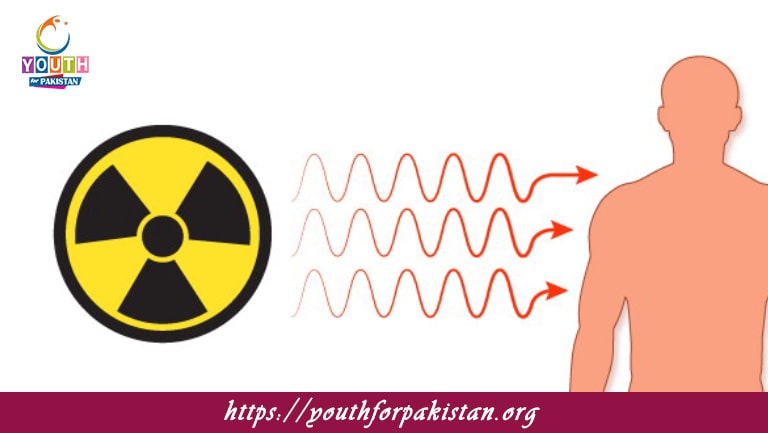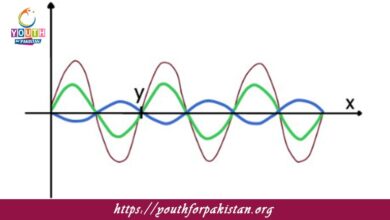Biological Effects Of Radiation MDCAT Quiz with Answers

Biological Effects Of Radiation MDCAT Quiz: Radiations have beneficial as well as hazardous biological effects that depend on the type, dose, and exposure duration. Ionizing radiation consists of alpha and beta particles, gamma rays, and X-rays having enough energy to remove tightly bound electrons from the atoms, and it results in charged particles called ions. When living tissues are exposed to ionizing radiation, the cells, tissues, and DNA are damaged; this can lead to a cascade of biological effects. Short-term exposure to large doses may produce immediate health effects, including a syndrome known as acute radiation sickness, characterized by nausea, vomiting, fatigue, and possibly later illnesses. Long-term exposure to even low doses can increase the incidence of cancer, genetic mutation, and chronic health problems. Therefore, knowledge about this topic is very significant for MDCAT students since it is fundamentally important for radiation protection in medical, industrial, and environmental fields.
Test Your Knowledge with an MDCAT Quiz
MDCAT Quiz on Biological Effects of Radiation: Attempt an MDCAT quiz to test your knowledge on the effects of radiation with respect to living organisms. Topics treated in these quizzes include types of radiation, the dose-effect relationship, and the principles of radiation protection. The concept of radiation dose (sieverts) is also treated along with its relationship to health risks. Regular exercise will prepare you for answering questions from MDCAT on the biological impacts of radiation in both medical and environmental scenarios.
- Test Name: Biological Effects Of Radiation MDCAT Quiz
- Type: Quiz Test
- Total Questions: 30
- Total Marks: 30
- Time: 30 minutes
Note: Answer of the questions will change randomly each time you start the test, once you are finished, click the View Results button.
Free Flashcards for Quick Revision
Free Flashcards: Biological Effects of Radiation—rapid review of some important concepts such as the difference between ionizing and non-ionizing radiation; types of radiation damage to cells (e.g., direct ionization, indirect ionization); and biological effects on the cellular and systemic levels. Flashcards are useful for the rapid review of important terms and concepts to ensure you are well prepared for questions on radiation in the MDCAT exam.
Experience the real exam environment with our expertly designed collection of over 25,000 MCQs MDCAT Mock Tests.






